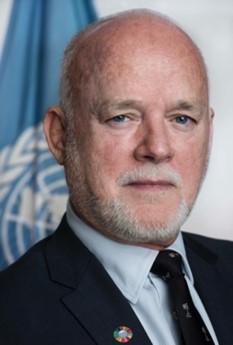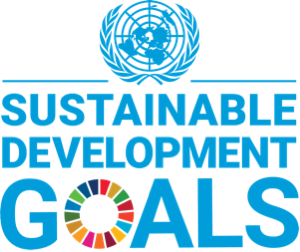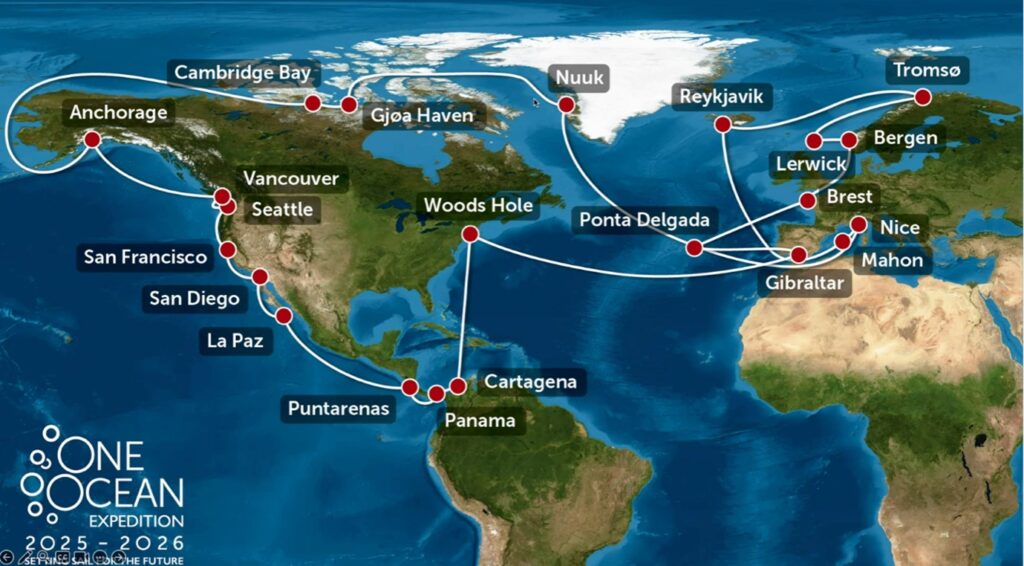Welcome
This is the 8th ESA Ocean Training Course of the series devoted to you – the next generation of Earth Observation (EO) scientists.
The ocean covers 74% of our planet surface and is difficult to sample properly because it is in continuous motion. Satellite measurements play an incredibly important role in this respect because they provide high quality, quasi-synoptic regular repeat coverage data of the global ocean every few days. Oceans, seas and coastal areas form an integrated and essential component of the Earth’s ecosystem and are critical to sustainable development. They contain 97% of the planet’s water. Oceans contribute to poverty eradication by creating sustainable livelihoods and a broad range of opportunities for work employment. Over three billion people depend on marine and coastal resources for their livelihoods. In addition, oceans are crucial for global food security and human health. They are also the primary regulator of the global climate, regional weather development, an important sink for greenhouse gases and they provide us with water and the oxygen we breathe. Finally, oceans host huge reservoirs of biodiversity.

Goal
Our goal during ESA #OTC25 is to help you to understand and exploit data from ESA and operational EO satellite missions for science and application development and prepare you as future ambassadors of Ocean Science.
Peter Thompson, United Nations Special Envoy for the Ocean, explains why this is so important:

There can be no healthy planet without a healthy ocean and the ocean’s health is currently measurably in decline. As the future generation of ocean scientists, it is upon your shoulders to advance ocean science to overcome the drastically incomplete knowledge we have of the ocean’s properties. Only through respect for the best of ocean science can we achieve SDG 14 goal of conserving and sustainably using the ocean’s resources.
Challenge to students of the ESA #OTC25 from Peter Thompson, United Nations Special Envoy for the Ocean.



2030 Agenda for Sustainable Development
The 2030 Agenda for Sustainable Development, adopted by all United Nations Member States in 2015, provides a shared blueprint for peace and prosperity for people and the planet, now and into the future. At its heart are the 17 Sustainable Development Goals (SDGs – see https://sdgs.un.org/goals ), which are an urgent call for action by all countries – developed and developing – in a global partnership. They recognize that ending poverty and other deprivations must go hand-in-hand with strategies that improve health and education, reduce inequality, and spur economic growth – all while tackling climate change and working to preserve our oceans and forests.
Sailing Route

The ESA OTC25 will take place during the One Ocean voyage from Tromsø to Reykjavik and Reykjavik to Nice in April-June 2025.
Schedule and Deadlines
| Opening of student application submission | 12/06/2024 |
| Applications submission deadline Extended | |
| Announcement of student selection Selected students will be informed by email no later than | End-October |
| First on-line lecture | 03/12/2024 |
| Departure of Statsraad Lehmkuhl from Tromsø, Norway | 22/04/2025 |
| Arrival Statsraad Lehmkuhl in Nice, France for the United Nations Ocean Decade (UNOC) 2025 Conference https://sdgs.un.org/conferences/ocean2025 | 4/06/2025 |


